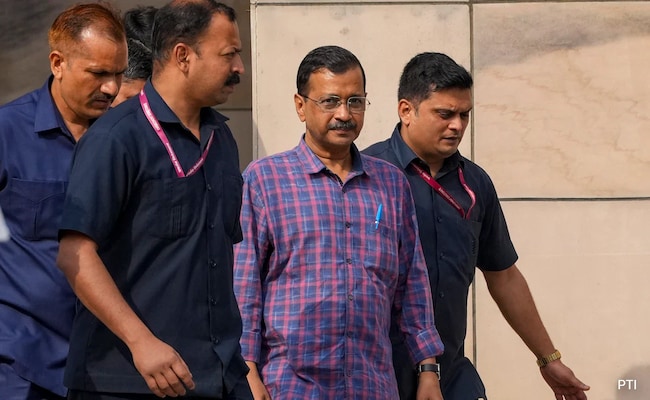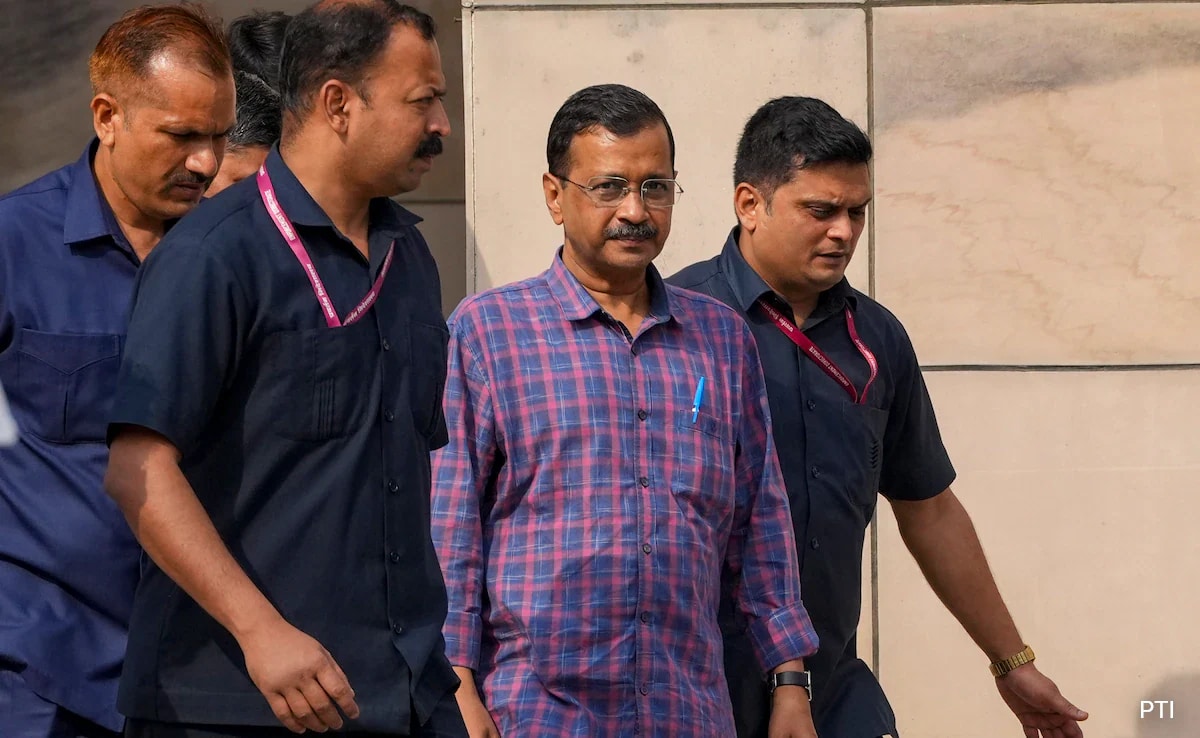
Arvind Kejriwal High Court verdict set to be delivered on Tuesday. (File)
New Delhi:
The Delhi High Court will give its verdict today on a petition by Chief Minister Arvind Kejriwal challenging his arrest by the Enforcement Directorate in a money laundering case linked to the alleged liquor policy scam. Justice Swarana Kanta Sharma will pronounce the order at 2:30 pm.
The AAP boss, who has dubbed the corruption case against him a political conspiracy, has also challenged his ED custody. He was later sent to judicial custody till April 15 and now remains in the Tihar jail.
During the April 3 high court hearing, Mr Kejriwal had questioned the “timing” of his arrest. The Chief Minister had said that his arrest was against the basic structure of the Constitution as it disturbed a level playing field in the upcoming Lok Sabha elections.
The ED, which has called Mr Kejriwal “kingpin” in the alleged scam, opposed his petition and said the law is applied equally to him and an “aam aadmi“.
Read | “Undertrial Prisoners Have No Right To…”: Arvind Kejriwal Bail Hearing
“Aam aadmi has to go behind bars if he has committed a crime but because you are a chief minister you can’t be arrested? You will loot the country but no one can touch you because the elections are coming? You say your arrest will infringe on basic structure? what type of basic structure is this?” the ED had argued.
The Chief Minister had earlier claimed that there was no real evidence of his involvement in the alleged scam, but the agency insisted it had traced the money trail.
Read | AAP Begins Mass Fasting In Protest Against Arvind Kejriwal’s Arrest
Mr Kejriwal was arrested by the central agency on March 21 after the high court denied him protection from coercive action, leading to severe backlash from the opposition camp. On April 1, he was sent to jail for two weeks after 11 days of ED custody.
The liquor policy was introduced to bring an overhaul to the liquor business in Delhi but was scrapped after Lieutenant Governor VK Saxena ordered a probe into the alleged irregularities in the policy. The ED believes the policy provided a high profit margin and bribe money was allegedly used to fund the AAP’s election campaigns.

